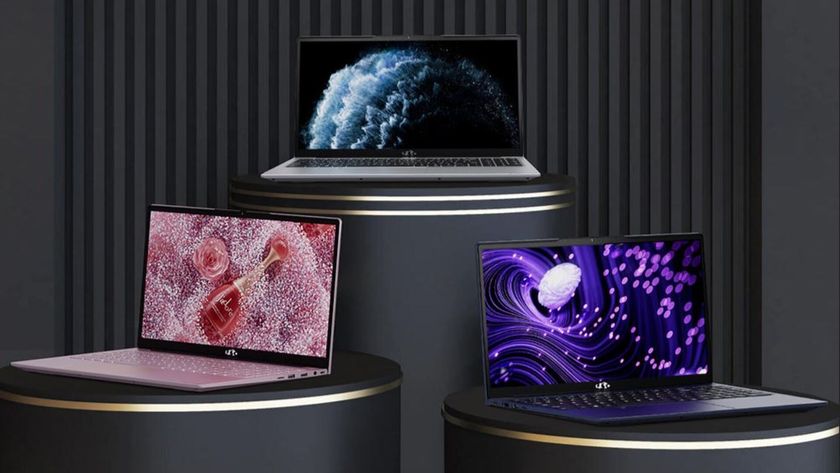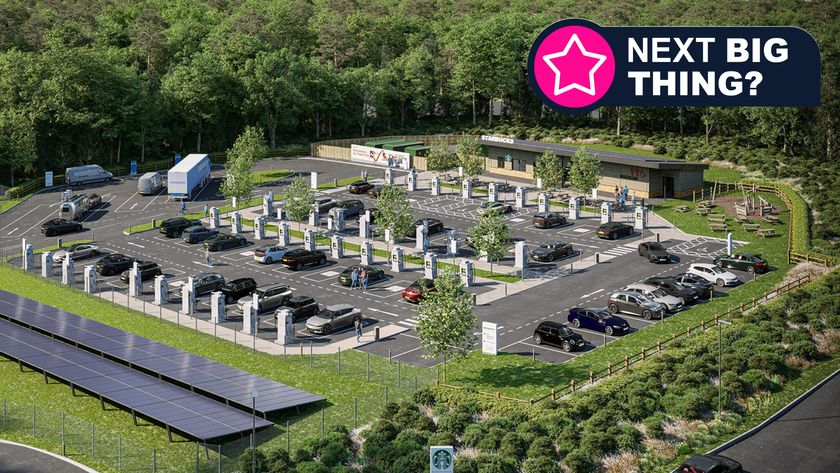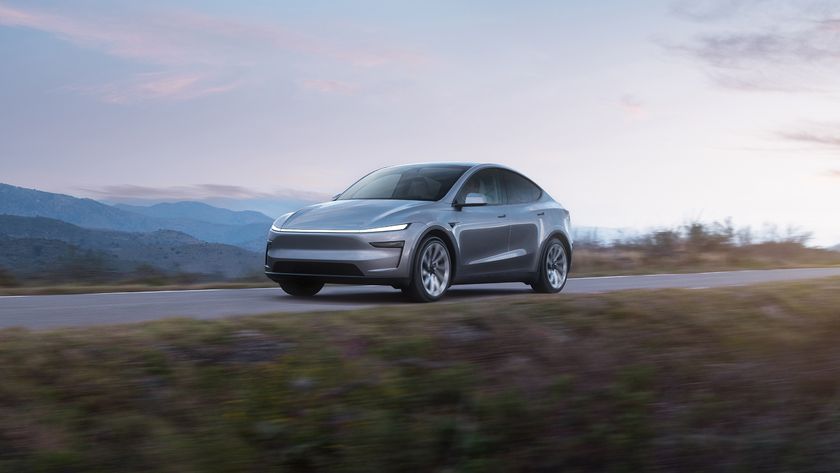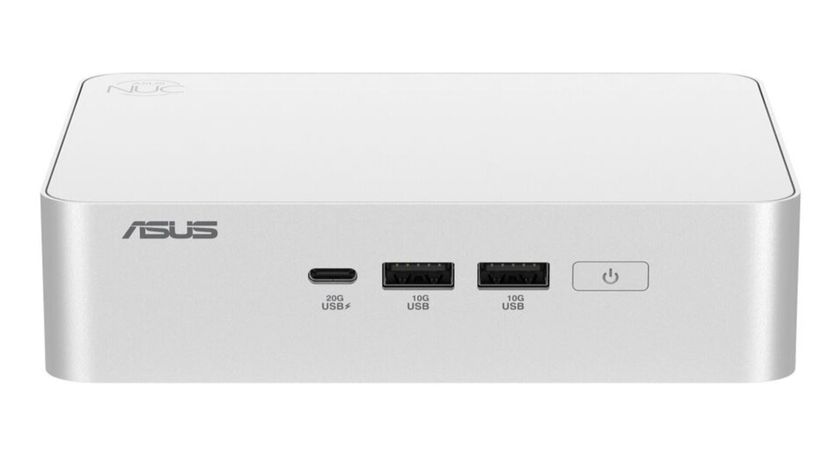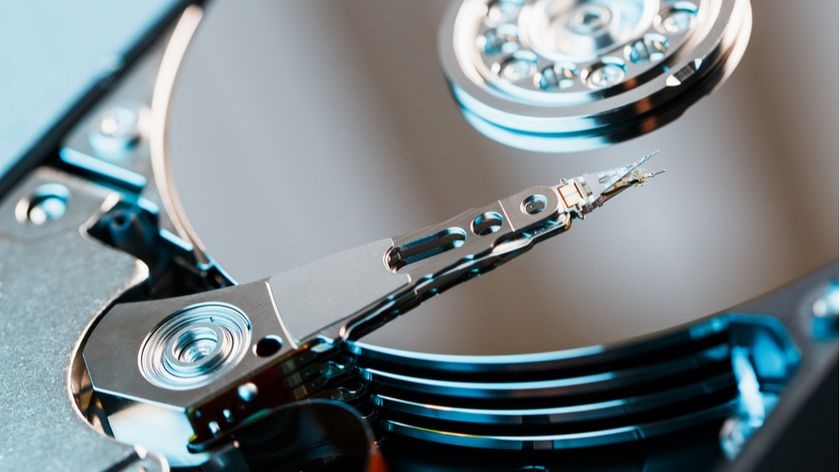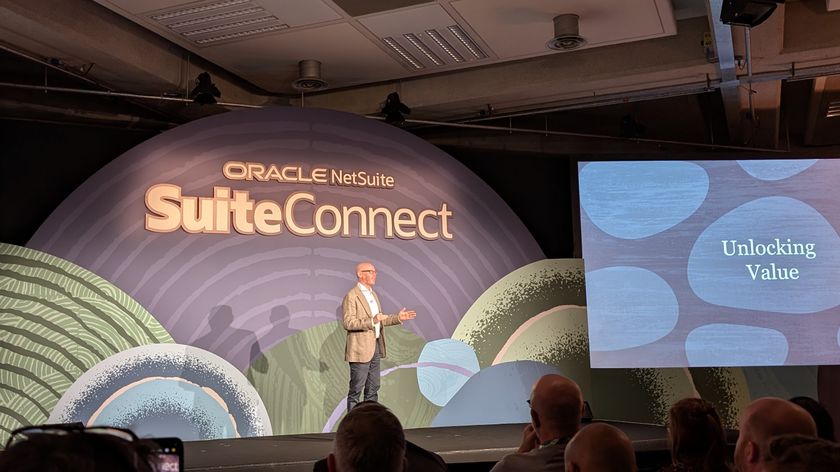Google is moving beyond Android Auto in future Volvo and Audi cars
Control your AC and roll down your windows with Android
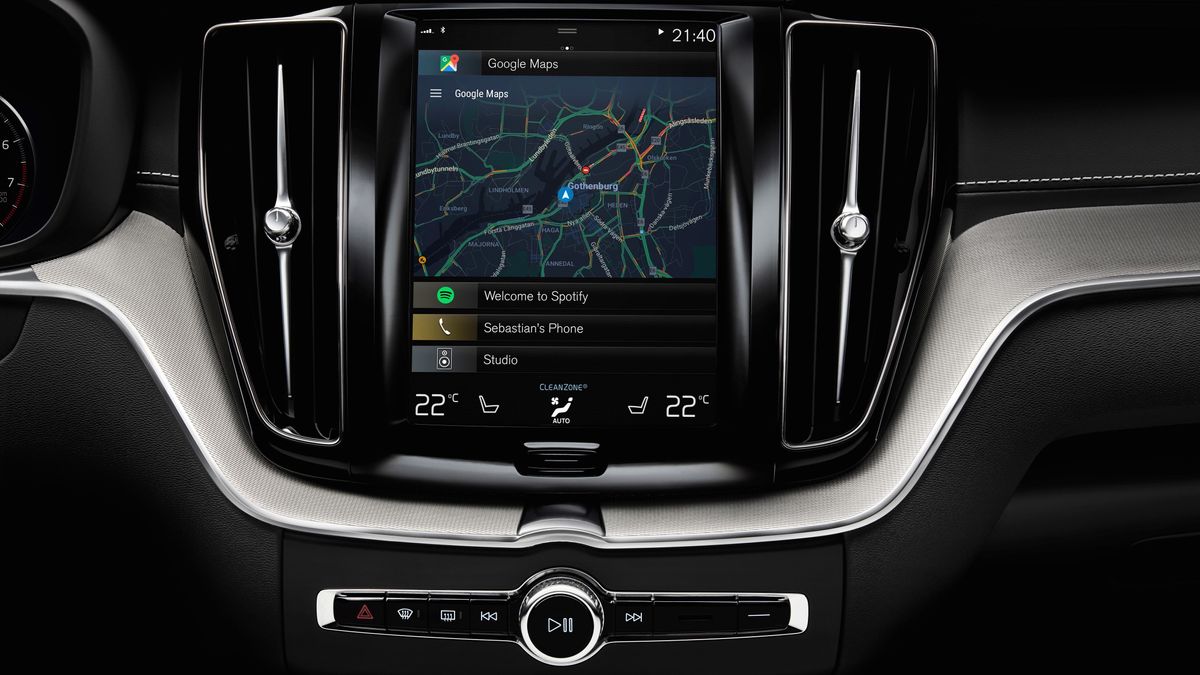
Google just gained two big-name partners in its effort to deliver Android right to your car, today revealing a team up with Volvo and Audi. Even more significant, however, is that this marks the search giant branching out from its standard Android Auto offering.
The car makers will integrate the Android operating system – or, rather, a version for vehicles – into future models. The systems will include Android Auto staples, like navigation and streaming audio, but also much more.
Instead of acting as an overlain OS to the software already running in cars, one that's accessed by plugging in your phone via USB, Android is the software.
The OS will serve as built-in connectivity solution and infotainment system, controlling functions such as air conditioning, the sunroof and windows while also navigating with Google Maps, tapping into apps, streaming Spotify, and soliciting Google Assistant.
Yes, Assistant is making the move to future Volvos and Audis, so you can query Google's digital helper whenever you need, even if you leave your phone at home. No examples were given, but we imagine questions like, "OK Google, where's the nearest Thai restaurant?" will be along the lines of what you can ask.
Google plans to show off the Android in-car system in preview form this week at its Google IO 2017 event, with more details on the partnerships to come then, too. Volvo revealed it will deliver the Android system in new cars in the next two years. Audi doesn't have a hard release date yet.
IO kicks off on Wednesday, May 17, and TechRadar will be on the ground to bring you everything that's announced. Stay tuned!
Get daily insight, inspiration and deals in your inbox
Sign up for breaking news, reviews, opinion, top tech deals, and more.
- Need a new phone? Check out our Google Pixel and Google Pixel XL reviews
Michelle was previously a news editor at TechRadar, leading consumer tech news and reviews. Michelle is now a Content Strategist at Facebook. A versatile, highly effective content writer and skilled editor with a keen eye for detail, Michelle is a collaborative problem solver and covered everything from smartwatches and microprocessors to VR and self-driving cars.

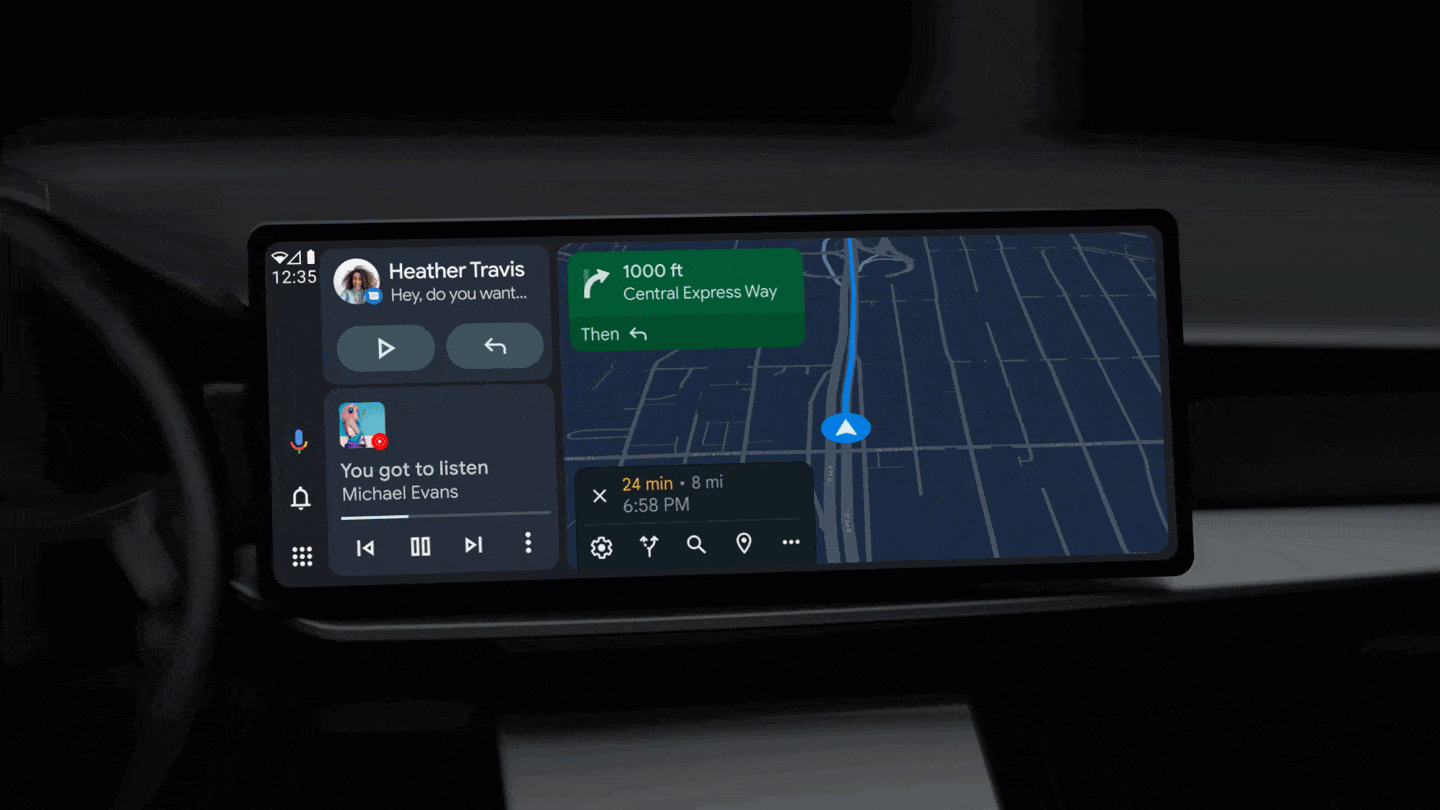
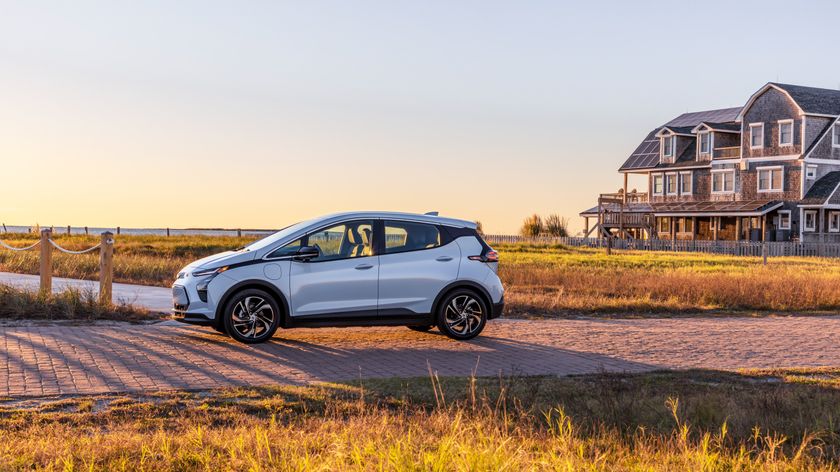
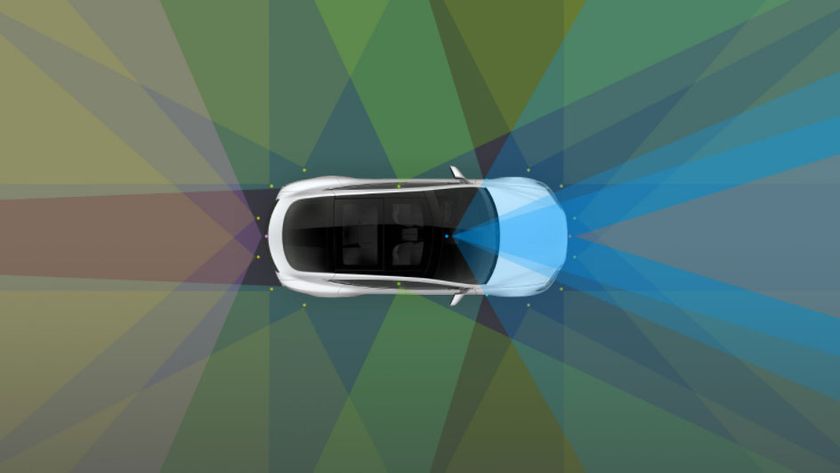
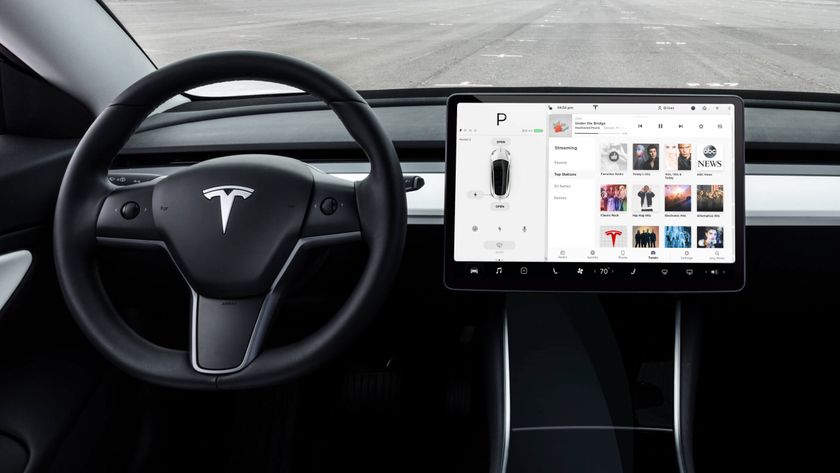
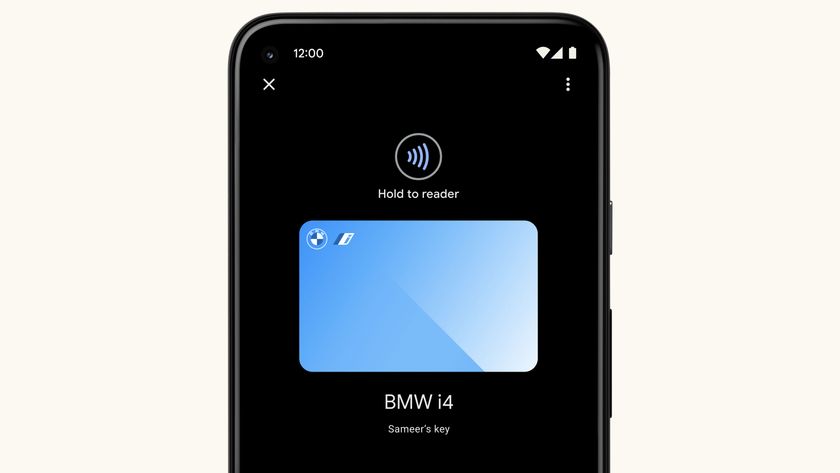

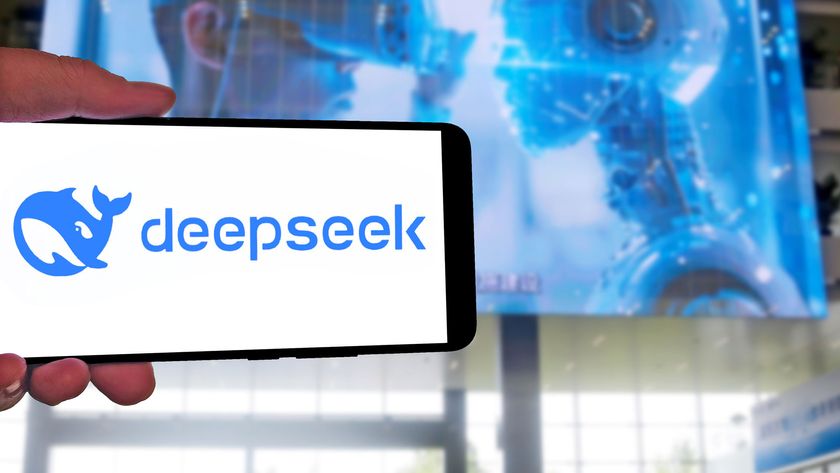
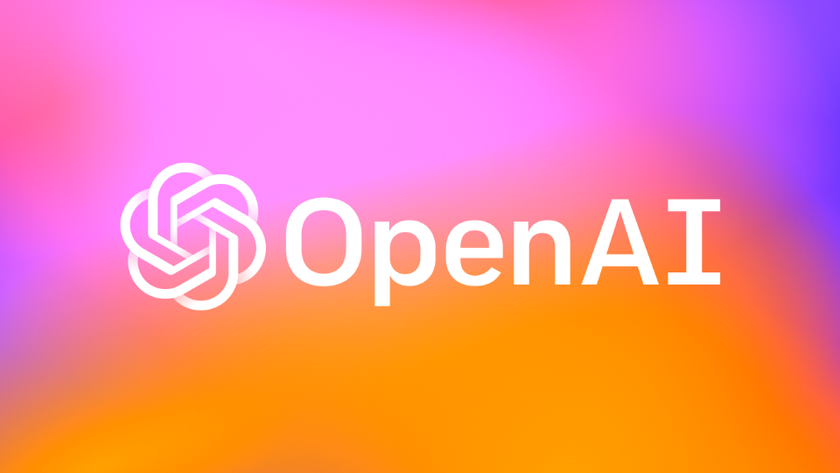
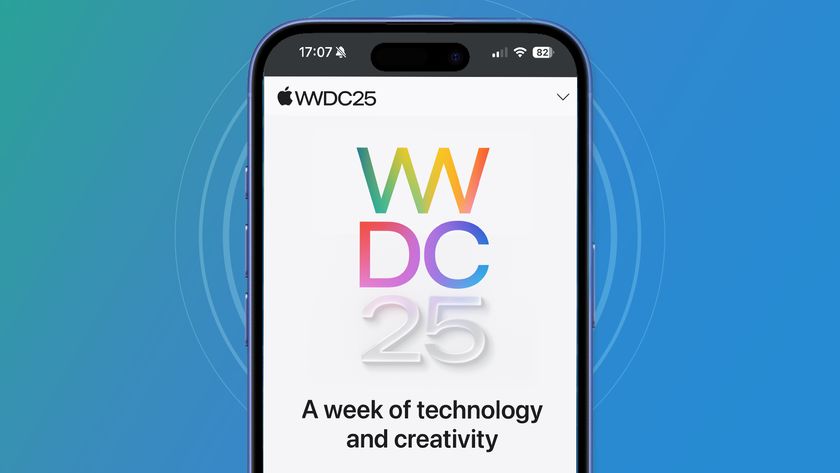

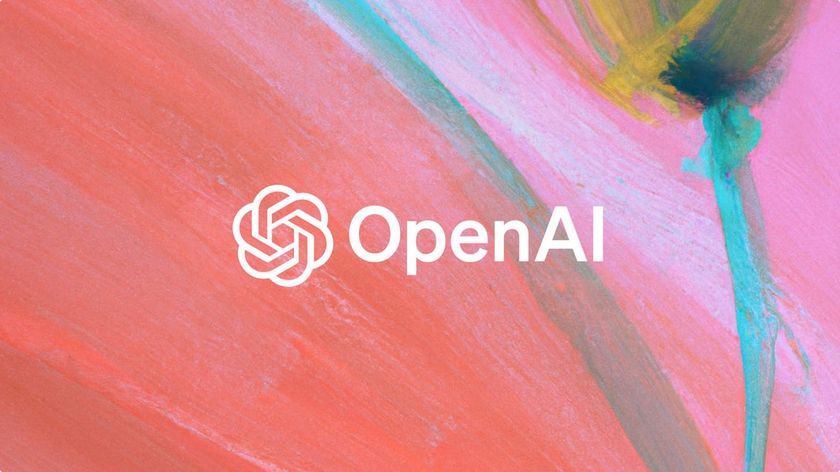

You're probably not playing The Witcher 4 until 2027 at the earliest, per CD Projekt's latest financial update
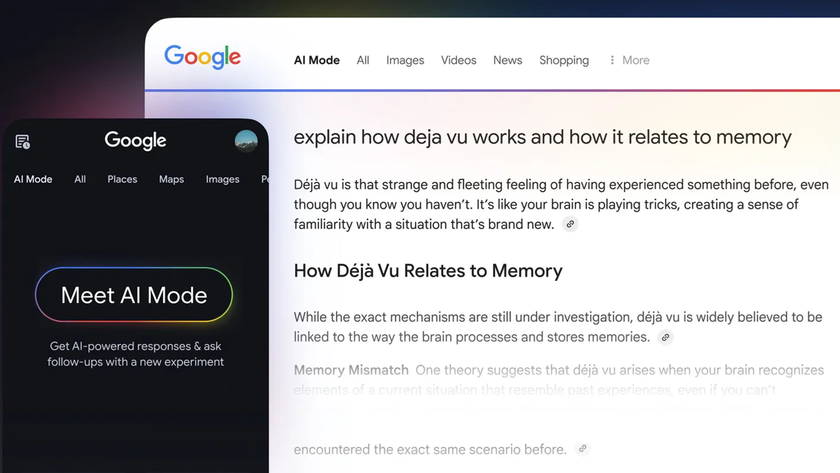
I tried Google's new AI mode powered by Gemini, and it might be the end of Search as we know it
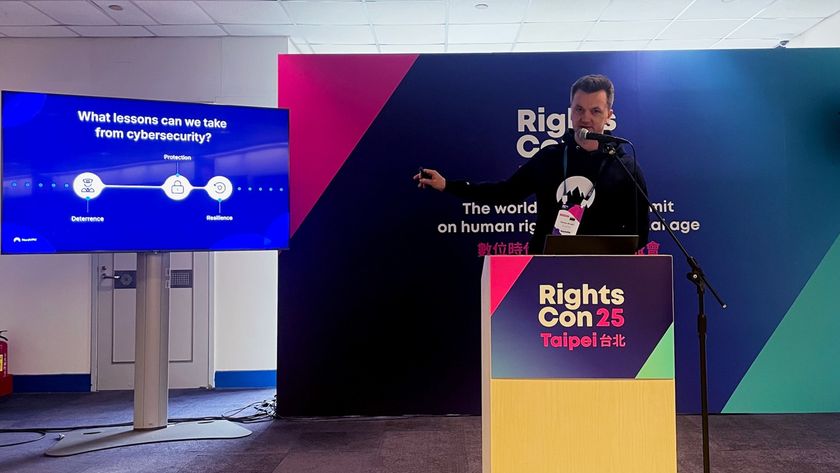
Cyber threats are evolving everywhere – and "prevention alone is insufficient," says NordVPN CTO

